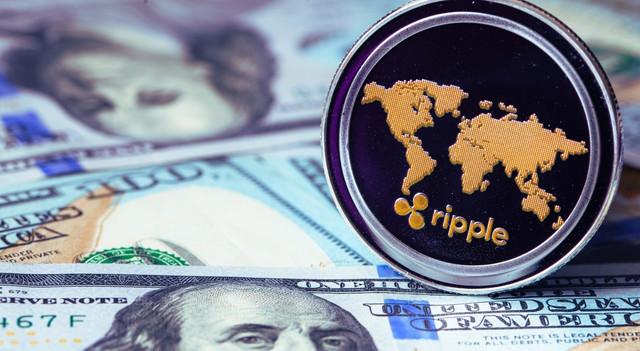Ripple, the developer of the XRP token (COIN:XRPUSD) and an institutional blockchain provider, announced a partnership with Absa Bank, one of South Africa’s largest banks, to offer digital asset custody services to institutional clients. The agreement marks Ripple’s first major custody partner on the African continent.
Absa Bank, which manages approximately 2.07 trillion rand (US$119.5 billion) in assets and reported revenue of US$6.34 billion in 2024, will begin using Ripple’s infrastructure to securely store tokenized assets and cryptocurrencies. The focus is to meet the growing demand for secure and regulated solutions in the digital asset market.
According to Reece Merrick, Ripple’s director for the Middle East and Africa, the partnership represents an important step in the company’s expansion into emerging markets and reinforces its commitment to unlocking the potential of digital assets on the African continent.
Ripple has been expanding its global operations with a focus on institutional custody. After acquiring Standard Custody in 2024, the company began collaborating with financial institutions such as Banco Bilbao Vizcaya Argentaria, HSBC, and Bahrain FinTechBay, in addition to launching its stablecoin, RLUSD (COIN:RLUSDUSD).
In the African context, Ripple has already partnered with Chipper Cash, VALR, and Yellow Card to expand access to international payments with stablecoins, capitalizing on South Africa’s regulatory progress toward institutional adoption of crypto assets.
Absa Bank, with a presence in 12 African countries, sees Ripple as an opportunity to modernize its financial services offering and meet the growing adoption of stablecoins and blockchain solutions on the continent.
This content is for informational purposes only and does not constitute financial, investment, or other professional advice. It should not be considered a recommendation to buy or sell any securities or financial instruments. All investments involve risk, including the potential loss of principal. Past performance is not indicative of future results. You should conduct your own research and consult with a qualified financial advisor before making any investment decisions.
Some portions of this content may have been generated or assisted by artificial intelligence (AI) tools and been reviewed for accuracy and quality by our editorial team.
